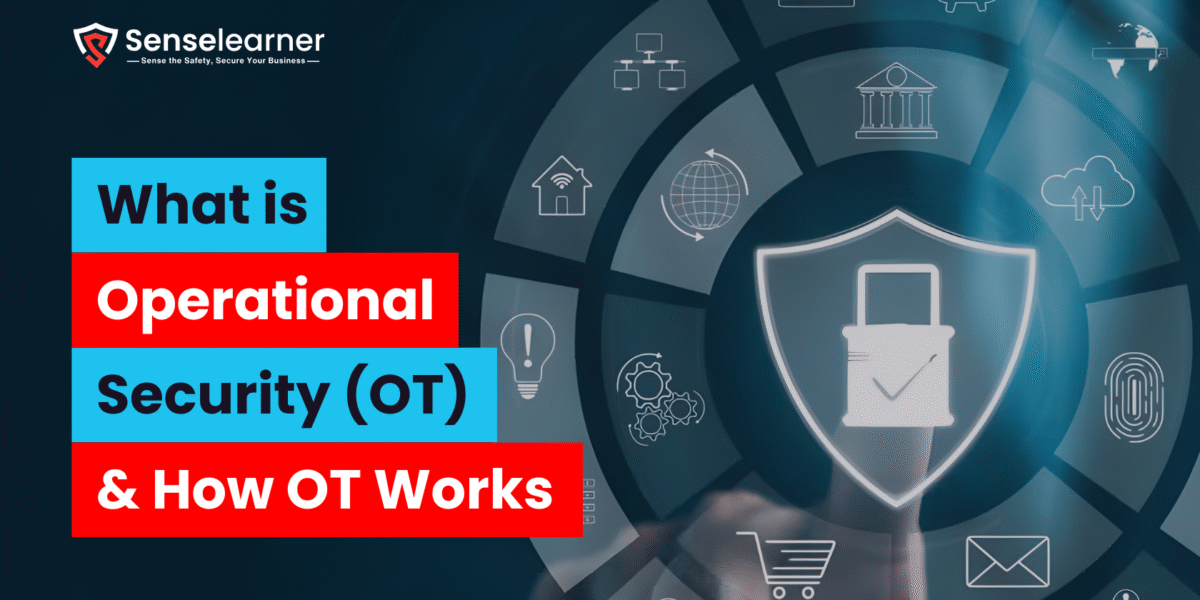Table of Contents
CASA-Cloud Application Security Assessment is an approach to identify and improve the security of applications operating in the cloud. Nowadays, nearly every organization utilizes cloud services for their everyday operations, yet various risks continue to persist—particularly at the application level. While cloud providers ensure the safety of the infrastructure, businesses are responsible for safeguarding their own applications, APIs, and the data exchanged between them. This is precisely where CASA comes into play.
in this guide, we will explain what CASA is, why it is essential, the typical obstacles companies encounter, and the methodology involved.
What is CASA and how does it work?

Cloud Applications has become the backbone of modern businesses, Powering everything from customer portals to enterprise software. Many companies primarily concentrate on securing cloud infrastructure—such as servers, networks, and storage—but frequently neglect the application layer, where the majority of user and data interactions occur. Although infrastructure security defends the groundwork, application security guarantees that the cloud-based apps remain protected from abuse, unauthorized access, and data breaches. Together, they form a complete security approach, but without strong application-level defenses, even the most secure infrastructure can still face threats.
Unlike penetration tests or cloud audits that mainly focus on infrastructure and configurations, CASA further looks into the application layer, examining APIs, data flows, and user permissions. It not only delivers an overview of security but also offers ongoing evaluations and advice to mitigate risks before they escalate into actual threats.
Key Challenges in CASA
Misconfigured Services and APIs – Minor errors in configurations or insecure connections can lead to significant vulnerabilities for attackers to take advantage of. Data Privacy in Complex Environments – As numerous companies adopt multi-cloud or hybrid systems, safeguarding sensitive information and ensuring compliance across various platforms is a major challenge. Uncontrolled Applications (Shadow IT) – Employees utilize unapproved cloud applications without IT’s awareness, increasing the risk of data breaches and compromising overall security.
Also Read Top 10 Devsecops Security Tools
The CASA Process
Initial Security Posture Assessment
The first step involves reviewing the current security setup of your cloud applications to identify their strengths, weaknesses, and possible risks.
Identifying Vulnerabilities
Next, CASA investigates the application layer, APIs, authentication strategies, and encryption practices to reveal vulnerabilities that could expose data or allow unauthorized access.
Testing and Validation
Employing methods such as penetration testing, red teaming, and automated scanning, the assessment confirms the actual security level of your applications against real-world attack scenarios.
Reporting and Remediation Support
Ultimately, CASA delivers comprehensive reports that outline prioritized risks and actionable recommendations, assisting your team in resolving issues and enhancing cloud security.
Benefits of CASA for Organizations
Discover more Proton Mail Review: Is it the most secure Mail?
1. Risk Mitigation
CASA helps organizations find and fix vulnerabilities before they can be exploited by attackers. By addressing security weaknesses early on, it minimizes the chances of data loss or breaches. This proactive strategy lowers overall business risk and protects essential assets.
2. Compliance Readiness
Meeting standards such as GDPR, HIPAA, ISO, SOC 2, or PCI DSS can be challenging. CASA ensures that cloud applications follow these regulations and security guidelines. This not only prevents legal or financial penalties but also shows to clients your commitment to compliance.
3. Strengthening Incident Response and Business Continuity
CASA improves monitoring and detection, enabling quicker identification of threats. It supports teams in responding quickly, thereby reducing the impact of security incidents. This ensures that your cloud applications remain strong and the operations continue to run smoothly.
4. Increased Customer Trust and Brand Reputation
Strong application security gives confidence in your clients of the services you are providing. By safeguarding sensitive information, CASA fosters lasting trust and reliability. This trust significantly enhances your company’s reputation in the marketplace.
Continue Reading Best Vulnerability Scanners OpenVAS, Nessus, Qualys Analyzed
Industries that Benefit Most from CASA
1. Secure DevOps
Throughout all phases of development guarantees that applications are designed with safety as a priority. DevSecOps makes security a shared responsibility for security among teams, thereby minimizing risks.
2. Encryption and Secure APIs
sensitive information through encryption and utilizing secure APIs safeguard data during storage and transmission. This prevents unauthorized access and facilitates secure interactions between systems.
3. Identity & Access Management (IAM)
Helps ensure that only authorized users can access applications and data. Implementing multi-factor authentication and role-based access significantly reduces the risk of misuse.
4. Regular CASA Assessment
Threats continue to change. Conducting regular CASA assessments allows organizations to consistently evaluate, test, and enhance their cloud application security.
Read PCI DSS Compliance: Secure Your Payment Systems
Why Choose Senselearner?
At Senselearner, we combine our expertise, reliable tools, and industry certifications to ensure the safety of your cloud applications. Our team not only identifies risks but also breaks them down into understandable terms and provides guidance on how to address them. Unlike others who merely deliver reports, we collaborate with you to ensure that your applications are secure, compliant, and prepared for emerging threats. This hands-on and supportive approach distinguishes us and establishes us as a trustworthy partner for your cloud security requirements.
FAQ’s
What is the process involved in CASA?
CASA begins by assessing your current cloud application security, identifying vulnerabilities in APIs, logins, and data protection. It also conducts tests, including penetration testing and simulations, and ultimately provides a detailed report with recommendations for improvement.
Why is CASA necessary if my cloud service provider already has security measures in place?
Cloud providers are responsible for securing the infrastructure, such as servers and networks; however, you are accountable for the applications you develop and run in the cloud. CASA concentrates on the application layer, where most vulnerabilities are found.
Is CASA useful for meeting compliance regulations?
CASA assists in regulations like GDPR, HIPAA, PCI DSS, ISO, and SOC 2 by ensuring your applications comply with security best practices. This helps you avoid legal complications and enhances customer confidence.
What types of problems can CASA identify?
CASA can uncover issues such as incorrectly configured settings, insecure APIs, weak authentication methods, inadequate encryption, and risks associated with data sharing across cloud services.
How frequently should CASA be conducted?
It is advisable to perform CASA at least once or twice a year, but it is best to conduct it whenever you launch a new cloud application, update an existing one, or expand to a new cloud service.
Conclusion
Cloud applications play a significant role in modern business operations, but they also face security threats. Conducting a CASA (Cloud Application Security Assessment) enables you to identify vulnerabilities, maintain compliance with regulations, and safeguard your data. Incorporating CASA into your security strategy regularly allows you to secure your applications, foster customer confidence, and remain vigilant against potential future risks. With the right professionals supporting you, your cloud applications can remain secure and dependable.




One thought on “CASA-Cloud Application Security Assessment ”